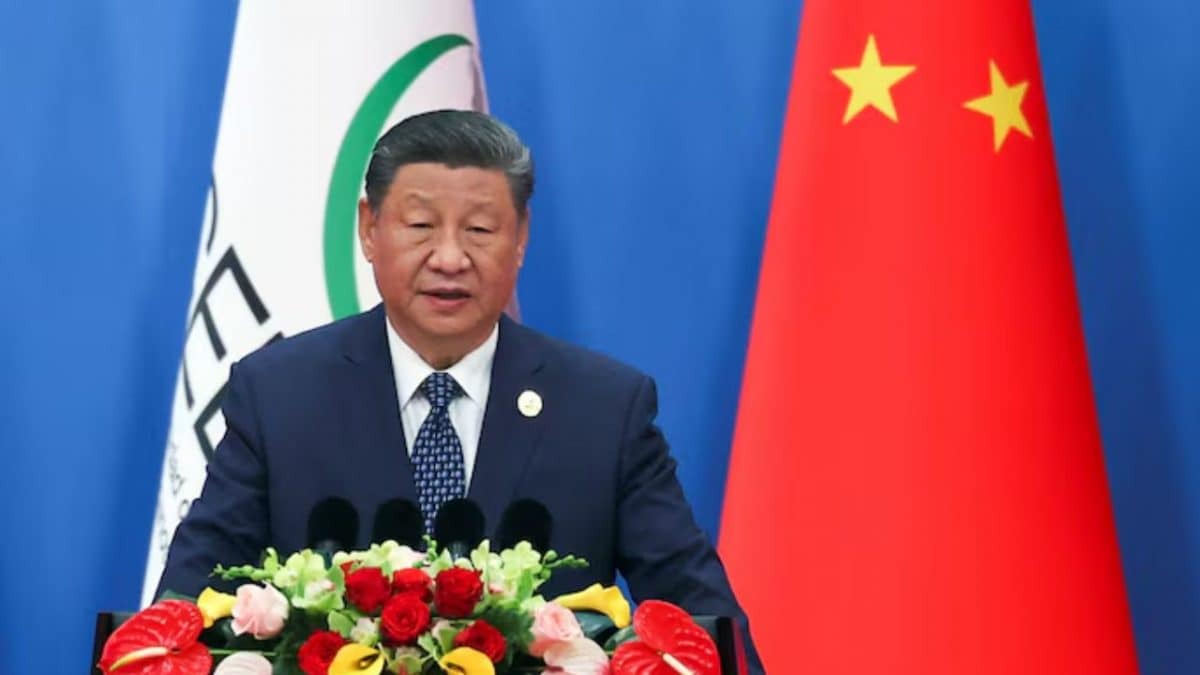New rules suggest that China’s ruling party plans to standardise its decision-making process, and that President Xi may delegate some of his power to his juniors
read more
Is Chinese President Xi Jinping planning for succession 12 years after ruling with an iron fist?
According to a report by Hong Kong-based South China Morning Post (SCMP), new rules governing some party organs suggest that China’s ruling Communist Party of China is planning to standardise its decision-making process, and that President Xi may be delegating some of his power to his juniors.
The new rules, approved on Monday (June 30) by 24-member Politburo, the party’s top echelon, would apply on several “party coordinative institutes”. These are the organisations responsible for coordinating cross-agency policies in a specific area.
State news agency Xinhua reported that these regulations aim to standardise the policy coordination and review process at the top.
Xinhua reported that the new rules say such party institutes should focus on “planning, discussing and checking on major matters”.
Xi giving his deputies more power
According to observers cited by the SCMP, this new move underscores a trend that the Chinese president is delegating more powers to his deputies on day-to-day basis.
Dali Yang, a political scientist at the University of Chicago, explained that China’s new measures under Xi Jinping aim to formalise governance through laws and regulations, bringing greater consistency to operations.
“Especially because he remains himself the chairman of so many of these coordination organs, in addition to his party [and] state titles, all of which need his time and attention, which is not limitless,” Yang said.
However, Victor Shih, an expert in Chinese elite politics and finance at UC San Diego, noted that these efforts to streamline high-level coordination bodies don’t signal significant delegation of power.
“However, it does seem that Xi might pay less attention to day-to-day details, which necessitates a policing mechanism to ensure that his policy priorities are still being carried out by lower-level officials.”
Since 2012, Beijing has breathed new life into long-standing party coordination groups, created new ones, and absorbed entire government offices into them, with Xi chairing most. These steps reflect Xi’s push for “strengthening the comprehensive leadership of the party,” tightening its grip over critical policy areas like economic affairs, national security, reform, and cybersecurity.
Many of these bodies started as “leading small groups” but have since been upgraded to “central commissions,” which play larger roles in decision-making and coordinating across key agencies.
For instance, in 2020, the party’s Hong Kong and Macau affairs group was elevated and now includes regional leaders and officials overseeing national security and foreign affairs.
By 2023, it had fully absorbed the powers of the State Council’s Hong Kong and Macau Affairs Office.
Similar consolidations have occurred in areas like financial stabilisation, religious policies, and engagement with overseas Chinese.
Since 2023, these party groups have also become platforms for power-sharing among Xi’s top allies.
Two commissions launched in March 2023—the Central Financial Commission and the Central Science and Technology Commission—are led by Premier Li Qiang and Vice-Premier Ding Xuexiang, respectively.
Meanwhile, Xi’s chief of staff, Cai Qi, now heads the Central Cyberspace Affairs Commission, overseeing cybersecurity and internet policy—a role Xi himself once held.


